The physical effects of fear can show up in all kinds of ways. In the heat of the moment—like when someone suddenly yells at you, or you narrowly avoid an accident—your reflexes kick in to help you back off or protect yourself. But fear isn't just about those intense, immediate moments.
Suppose you are fearful about what could happen in any particular situation. In that case, you may experience a higher heart rate, sweaty hands, muscle tension, or stomach issues. There are many other physical reactions to fear, but those are just a few.
Sometimes, the discomfort of fear can drive people to unhealthy coping mechanisms, like substance use or habits that can lead to addiction, to escape the feeling. Your body feels fear as much as your mind does, and it's essential to recognize the impact it can have when you don't address it headfirst.






 Privacy Policy / Terms of Use
Privacy Policy / Terms of Use